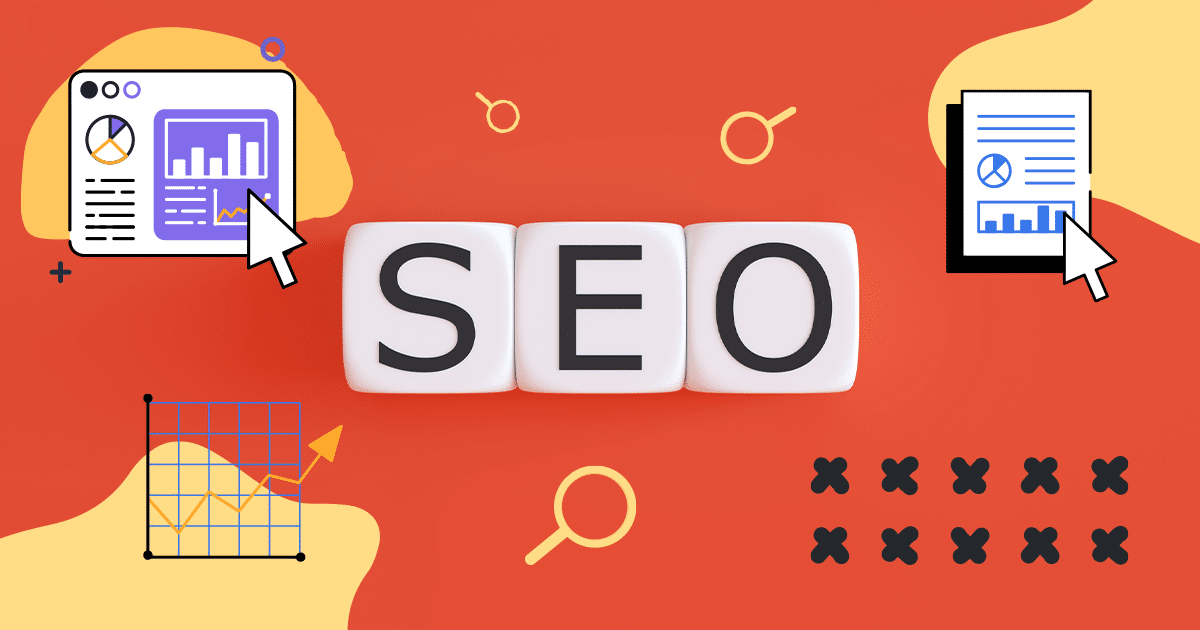Everybody who works with Digital Marketing must know how to create great content, launch successful campaigns and measure results from those actions. Google Analytics is the main tool used to know how good those results are in terms of conversions, behavior and user experience.
However, changes will come in 2023, as we’ve been discussing here on Rock Content’s blog. Google is going to retire the Analytics 3 after being a marketer’s best friend for more than 10 years.
We did a hands-on in the new version, Google Analytics 4, that all of us will have to start using next year. So, we are here to help you be prepared for the change.
If you use Google Analytics in your daily work, we invite you to read this article until the end to understand how to get ready for Google Analytics 4 and improve your marketing analysis.
And if you want to receive articles like this directly in your inbox, consider subscribing to our newsletter below!
How does Google Analytics work nowadays?
Currently, Google Analytics offers two different versions: GA3 (aka Universal Analytics) and GA4 (Google Analytics 4).
Universal Analytics was introduced in the fall of 2012 and brought to marketers and SEO analysts the possibility of tracking codes for their websites or blogs, as well as features to measure the users’ behavior.
On the other hand, Google Analytics 4 was launched two years ago with the purpose of offering both types of users (Google Analytics and Google Analytics 360, which is the premium version) new functions to improve their work, results and reports.
Although some companies still use Universal Analytics, it will shut down next year. Therefore, we said in the first lines of this article, everyone will have to switch to Google Analytics 4.
What is Google Analytics 4?
Google Analytics 4 was released in October 2020 and had the promise of delivering a deeper analysis and experience for everyone who is used to having Google Analytics as the main tool to check how their websites and blogs are performing (and we bet you, as the majority of digital marketers, are among them, right?)..
Since this launch happened, some users have set up their properties with Google Analytics 4 and faced some differences in terms of design and dashboard functionality.
Take a look below at what has changed in this updated version.
App and web analytics
The first tool we can see is a new kind of property that merges app and web data for reporting and analysis.
It means thatnif you have users coming to you through different platforms, now you can use a single set to know which marketing channels are acquiring more visitors and conversions.
Events are more flexible
Google Analytics 4 uses a more flexible event-based model which shows all the unique interactions that users have with your content. This way, you can measure any event that is set up.
Further, you can check how your scrolls, outbound links, site search, video engagement and file downloads are performing.
Cross-platform analysis
Considering that, with the new Analytics you don’t need pre-defined reports to examine your data in an easy way.
The first one is Exploration which allows you to drag and drop to measure your property through a canvas format.
Then, with Funnels you can understand and identify which steps users take towards conversion, as well as which stages of the funnel they are in.
Finally, Path Analysis helps you to see the actions taken by your visitors and understand the possible reasons they converted or not.
What will change from the current Google Analytics?
Marketers around the world still use Universal Analytics, but it’s a good recommendation to start getting used to Google Analytics 4 as soon as possible.
Last week, Google announced that Universal Analytics will stop processing new hits on July 1, 2023. The same will happen to Universal Analytics 360 on October 1, 2023.
According to Russell Ketchum, Director of Product Management at Google, the measurement methodology of Universal Analytics is becoming obsolete, that’s why Google Analytics will be necessary from 2023 on. The main differences we can see in this version are:
- event-based data model for measurement;
- operation across platforms;
- no need for relying on cookies;
- no store of IP addresses (which helps you to be ok with the privacy regulations).
What do marketers need to do NOW to prepare for this?
Everytime marketers need to start using a new tool, it takes time to get used to its functions. That’s why many marketing solutions have an onboarding process to learn how to use them in the right way.
Of course Google knows it, and that’s probably the reason why they communicated this change in advance: more than one year in advance.
This way, everyone who uses Google Analytics at work can “onboard themselves” into the new platform of Google Analytics 4 and use everything it has to increase results in 2023, or even this year.
How to change your Universal Analytics to Google Analytics 4
Now that you know how important it is to switch your GA3 to GA4, follow the steps below.
1) In the admin area, look for the “property” column. Then, find “GA4 Setup Assistant” and click on it.
2) On the next screen, you will see an option to create a new GA4 property, and then another to connect with an existing GA4 property. As we are assuming you are about to start Google Analytics 4, click on ‘Get Started’ and, then, ‘Create a New GA4 Property’.
After that, the change will be complete, and there are now three things you need to consider:
- your historical data won’t be in GA4, so you will need to keep the Universal Analytics property too to analyze old data;
- only basic settings will be copied, it means that if you have customized goals or filters, you will need to set them up in GA4;
- new measurement functions will be added automatically on your GA4 property, such as scrolling, clicking on outbound links, embedded videos and files downloaded.
So, before Universal Analytics changes to Google Analytics 4 in 2023, it’s highly recommended to have everything done before then, and make better use of your data analysis.
By the way, if you want to know how to improve your data-driven marketing, stick with us and download our free Rock Content Magazine (which is totally dedicated to this subject) now!







